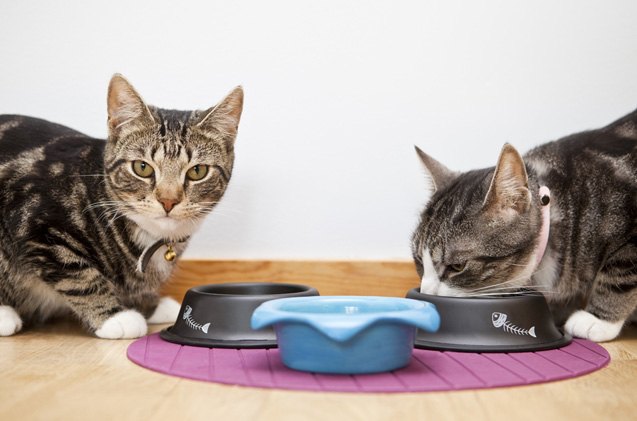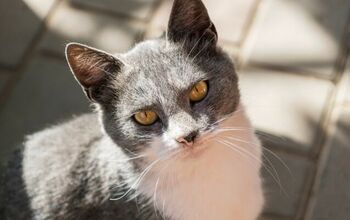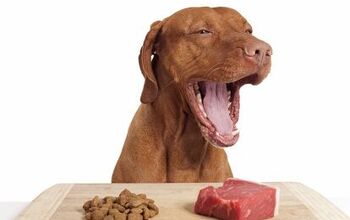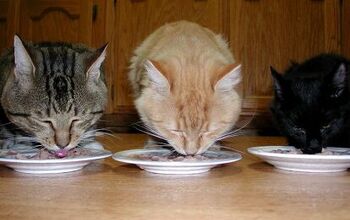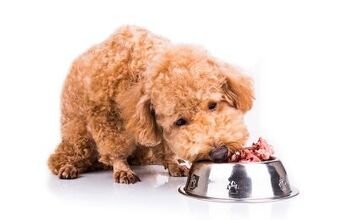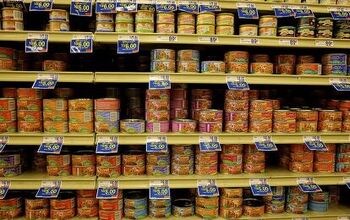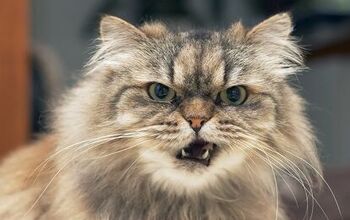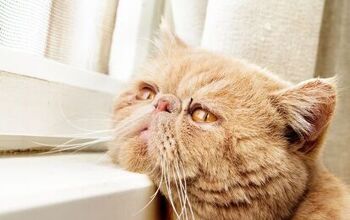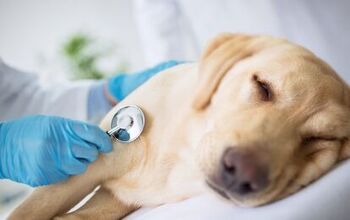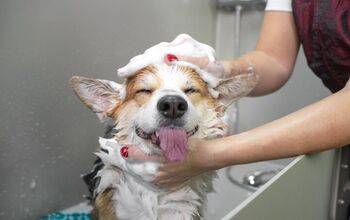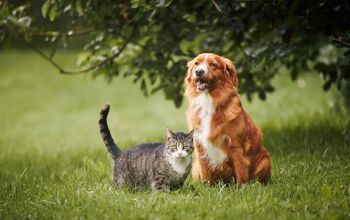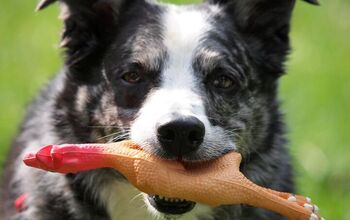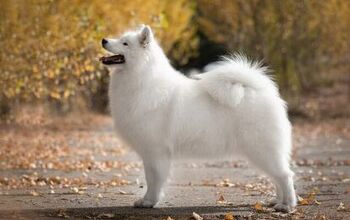The Benefits Of A Raw Food Diet For Cats

When it comes to feline nutrition, there are a lot of debates and differing opinions out there about what a cat really needs. In the end, though, it’s your duty as a pet parent to make the best choice for your unique kitty. From raw diets to homemade meals and the highest quality premium pet foods, choosing the right diet for your cat can definitely become an overwhelming and confusing process.
One of the most popular feline diets today is the raw diet, which is also known as the ancestral diet. The purpose of this diet is to feed your cat just as he would eat if he had to survive on his own. Many holistic vets and pet nutritionists feel that this is the most species-appropriate diet available for cats and that it can provide myriad health benefits to both healthy and ailing felines.
Related: How To Read A Cat Food Label
What Does a Raw Diet Include?
A raw diet consists of various types of raw meat, from poultry to beef, as well as raw bones, organs, and raw eggs. Supplementing with sardines, fruits, and vegetables is also recommended to ensure a balance in omega-3 and omega-6 fatty acids, as well as in vitamins, minerals, and antioxidants. You’ll also need to purchase pet appropriate supplements to ensure all of your cat’s nutritional needs are met, and you may also choose to add digestive enzymes and probiotics to aid in digestion and absorption of nutrients.
Benefits that Can Be Derived from a Raw Diet
Many pet owners find that, after making the switch to a raw diet, their cats have more energy and act younger than their age. They may notice that their skin and coat condition improves dramatically, that their eyes are clearer, their teeth and gums are cleaner and healthier, and that their allergies disappear. Many supporters of the raw diet also claim that animals who suffer with a variety of acute and chronic conditions can see improvement in their overall health.
Related: How Much Should I Feed My Cat?
A raw diet provides a cat nutrition in the form of living nutrients and enzymes that haven’t been killed off by the high heat used in cooking. Raw meat and bones exercise the jaw and help clean the teeth and keep the gums healthy, preventing gingivitis and mouth infections. And raw bones also provide a natural source of much-needed calcium.
When you prepare a raw diet with fresh fruits and vegetables that have been ground up or pureed for easy digestion and absorption, your cat will also be getting even more antioxidants, minerals, and vitamins from these foods.
What to Consider Before Making the Switch
Some people prepare their own raw meals for their cats at home, while others prefer to shop at their local pet store for a raw food brand they can trust. No matter what, it’s best to speak with your vet first before making such a drastic change to your cat’s diet. Your pet should be examined to determine if a raw diet would be appropriate for him. For example, if your cat has digestive issues, it may be best to avoid a raw diet, unless you’re directed by an experienced and trustworthy vet to go ahead with it, as it may actually result in improved digestion.
Remember, every cat is an individual, so the raw diet may work wonderfully for some but be inappropriate for others. Some may dive right into consuming a raw diet, while others may prefer to stick with their cooked meals instead. If you do decide to make the switch, you have to do so gradually, introducing raw meat slowly and allowing your cat plenty of time to adjust.
A raw diet can provide a host of great benefits to your cat. Preparing your own meals at home for your pet also puts you in control over the ingredients in his food, which is important when you think about all of the frightening pet food recalls over the last few years. But the key to a healthy raw diet lies in ensuring it’s properly balanced to avoid deficiencies, which is why it’s always best to work with a feline nutritionist or a veterinarian.

Lisa Selvaggio is a freelance writer and editor, and our resident cats-pert, with certifications in pet nutrition and pet first aid. She enjoys producing content that helps people understand animals better so they can give their pets a safe and happy home.
More by Lisa Selvaggio



